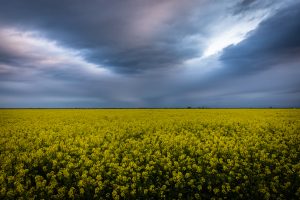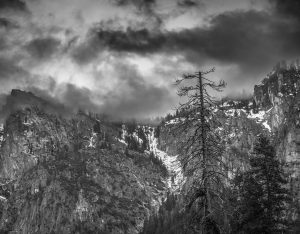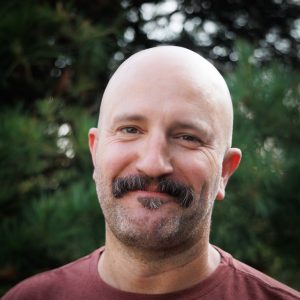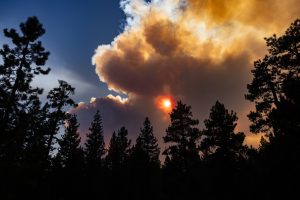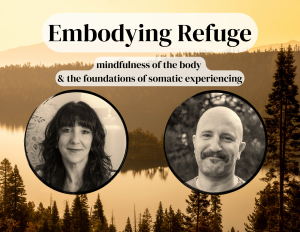We talk a lot about suffering in Recovery Dharma. There’s good reason for that. Most of us are here because of suffering. We didn’t decide that it was time to give up drugs, alcohol, or other addictive behaviors because they were making a positive impact on our lives. On the contrary, something wasn’t working. Our lives had become unnecessarily difficult, painful, and unmanageable.
Though the First Noble Truth of Buddhism informs us of the truth of suffering, its actually good news. It means that suffering is built into the fabric of life and that there is a certain amount of it that is completely unavoidable. Its not our fault. We don’t need to personalize it. This is what the Buddha meant when he said that birth, aging, and death are all suffering. Its just a part of life.
But the Buddha also went on to say that there is suffering inherent in losing what we like, getting what we don’t like, and being unable to have what we do like. This points toward a type of suffering that isn’t as dramatic as what is usually associated with the word “suffering”. So, what, then, do we mean when we talk about suffering?
In Pali, the language used in the oldest Buddhist texts, the word translated as suffering is dukkha (pronounced “doo-kah”). This word refers to a misaligned hole in the middle of a wheel. What happens if a wheel is misaligned with the axle? We have a bumpy ride. That’s what the Buddha meant by dukkha and the First Noble Truth: “Life is a bumpy ride.” Most of us can relate.
With this idea in mind, we can begin to understand dukkha as being not just suffering, but also stress, unsatisfactoriness, discontent, or disharmony.
Inherent in this notion of dukkha is the attitude we take toward all of the unpleasantries we may experience. Most of the time, we try to fix the world to our liking. We try to control this and plan for that. We wish things were different. We yearn for things to change in our favor.
How often do we stand in line hoping it would speed up? How often do we shift our position in meditation in search of the perfect posture? How often do we convince ourselves that if we can just get one more thing – a raise, a new car, a pair of shoes, a whatever – that everything will be fine? And how often do we get that thing and then find that we end up needing a different thing to make everything fine?
This is dukkha. This is the subtle and sometimes not-so-subtle sense that things aren’t right and that there’s something that must be done about it. Of course, some types of suffering are avoidable and worth avoiding. But 99% of the dissatisfaction we spend our days avoiding have very little bearing on our ultimate happiness. This is the suffering we’re pointing at in Recovery Dharma… the suffering we create.
